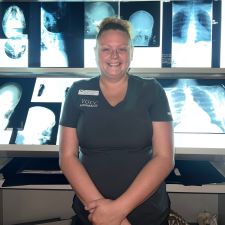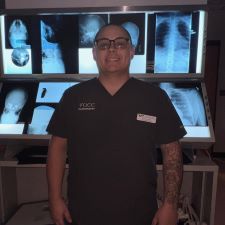Criminal Justice Technology
Program Description
The Criminal Justice Technology curriculum is designed to provide knowledge of criminal justice systems and operations. Study will focus on local, state, and federal law enforcement, judicial processes, corrections and security services. The criminal justice system’s role within society will be explored.
Emphasis is on criminal justice systems, criminology, juvenile justice, criminal and constitutional law, investigative principles, ethics and community relations. Additional study may include issues and concepts of government, counseling, communications, computer and technology.
Employment opportunities exist in a variety of local, state, and federal law enforcement, corrections, and security fields. Examples include police officer, deputy sheriff, county detention officer, state trooper, correctional officer, and loss prevention specialist.
| Program Name | Credit Hours | Program Type |
|---|---|---|
| Criminal Justice Technology A.A.S. Degree A55180 (Course Sequence) | 65-66 | |
| Criminal Justice Technology & Special Populations Certificate C55180C (Course Sequence) | 13 |
Program Details
Discover the specifics of our programs, including required courses, course sequence, pathways, and learning outcomes.
- Students will be able to recognize and explain the various components of the criminal justice system.
- Students will be able to describe and apply constitutional rights.
- Students will be able to specify and apply practices and processes associated with criminal investigations.
- Students will be able to describe and apply the major criminal behavior theories.
- Students will be able to describe the various aspects and history of the correctional subsystem.
- Students will be able to differentiate between ethical and non-ethical decisions relevant to the three components of the Criminal Justice system.
- Students will be able to explain the nature and history of criminal law.
About The Fellowship
- College Tuition
- College Fees
- College Textbooks
- Other Required Supplies
Application Deadline
For More Info
Phone: (919)306-2597
Email: [email protected]
Web: www.ncdoj.gov/cjfellows

“The Radiography program has taught me how to succeed in the program and how to provide great patient care. The teachers are a great help in getting you prepared.”

“Vance-Granville’s Radiography program is amazing. They truly care about developing the next generation of Radiologic Technologists. I couldn’t recommend it more to anyone who is curious about the field.”
